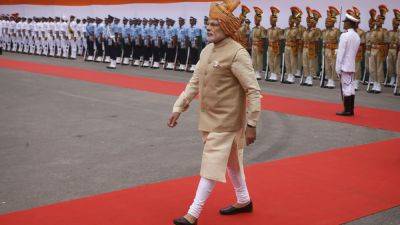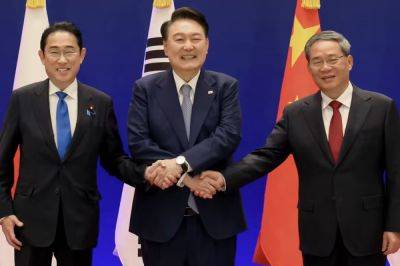US-China trade war puts investors in harm’s way
The recent escalation in US-China trade tensions, marked by the imposition of significant tariffs on Chinese electric vehicles (EVs) and a subsequent Chinese anti-dumping probe, signals the potential onset of a renewed trade war between the world’s two largest economies.
The news builds on President Joe Biden’s calls last month to extend tariffs on Chinese steel and aluminum. And it comes as the incumbent and his opponent, Donald Trump, are both vying to be seen as tough on China ahead of the US election in November.
This development could have profound implications for global trade, economic stability and investment strategies. As the economic superpowers engage in tit-for-tat measures, global investors face an increasing set of complexities to protect their investments and seize emerging opportunities.
The current situation harks back to the trade tensions that characterized US-China relations during the Trump administration, which saw the imposition of tariffs on hundreds of billions of dollars worth of goods.
The recent measures by the Biden administration to increase tariffs on Chinese EVs from 27.5% to 100%, alongside tariffs on other Chinese imports, are a response to what the White House describes as China’s unfair trade practices.
Specifically, the US accuses China of flooding global markets with artificially low-priced exports, which in turn undermines American industries.
China’s retaliatory move to launch an anti-dumping probe into polyoxymethylene (POM) copolymers, essential in various industries from automotive to electronics, underscores the tit-for-tat nature of the trade disputes.
The broad inclusion of other regions such as the European Union, Taiwan and Japan in this probe indicates that China is






